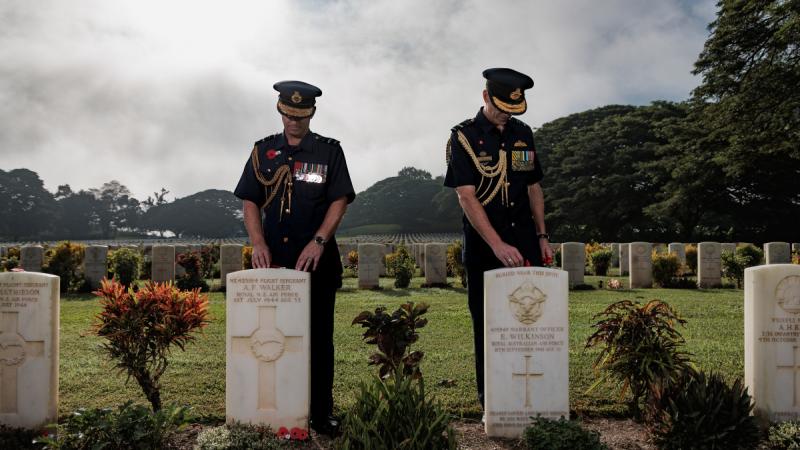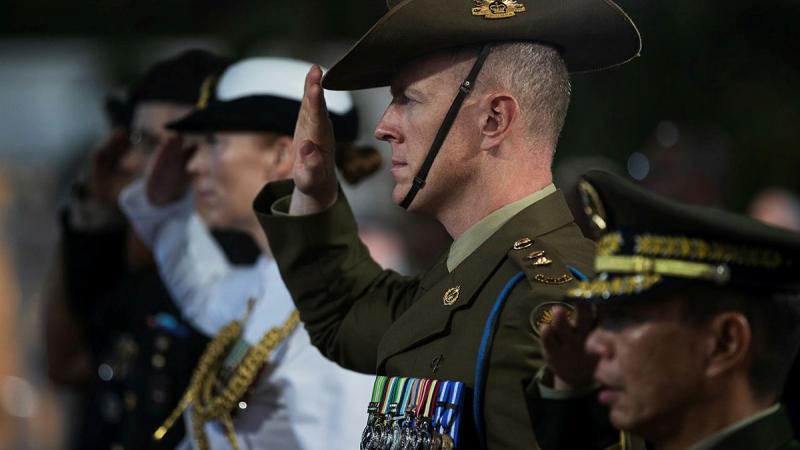Vulnerability and resilience in an Australian context
Resilience has recently become a much-used word as we face the combined economic and social challenges of drought, bushfires and Covid-19. Its meaning is often misunderstood and misused so in the third in our series of online forums on how Sydney can Build Back Better, we focussed on the role of resilience and mitigating vulnerability.
According to our special guest, Human Geographer and Disaster Specialist Dr Emma Calgaro, the most accepted definition of resilience is ‘The capacity of a system to absorb disturbance and reorganise throughout volatile periods of change and carry on and recover’. This can apply to either a household, a community or a city and it has evolved through our ecology. We need to understand the role of resilience in order to cope with and learn lessons and recover from crises and be better prepared for the next one.
Building resilience has become more critical in recent months as we respond to the Covid crisis – whether as individuals, members of a community or a nation. It involves accepting uncertainty and change and adapting to this change in varying scales and timeframes. Importantly now, in relation to our working lives and the economic recovery, it is not just about getting back to ‘normal’ but ensuring and accepting that it’s going to get better.
As humans we have evolved to dislike change, preferring things to get back to the way they were. But through resilience we can look at different ways of doing things, listen to a variety of different voices and opinions and take them on board. However not all change is good and part of building resilience is choosing what is beneficial and understanding that everything new is not necessarily better.
Humans are great at getting on with things, as we like to say here ‘she’ll be right mate’, but we can’t just sit back and let things happen because as we have seen lately, through drought, bushfires and Covid-19, things won’t always be right and definite learnings and actions are required to make them so. Some of these actions take place quickly (as with Covid) others take longer and we must be patient and careful ‘not throw the baby out with the bathwater.’
Governments have imposed many restrictions and rules to help stop the spread of this pandemic, but people won’t continue to accept this forever and a balance must be found between public safety and the consequences on the economy. This means trust in government decisions is paramount to its success in bringing the whole community along together.
Co-existing with resilience is vulnerability and our ability to cope depends on the resources available, for example Jobkeeper and other temporary financial assistance programs. We are vulnerable to the risk of higher unemployment and social unrest if enough jobs aren’t reactivated or created when Jobkeeper expires and the Federal Government has announced a review into extending the program to address this problem.
The level of both vulnerability and our resilience depend on the resources available to help us cope. These include the economic resources like assets and job security, human and social factors, physical and environmental, the nature of governance structures and processes and business-related factors like connectivity of networks and levels of business adaptiveness.
These dictate the essential strengths and weaknesses of households, businesses, communities and societies and our access to these resources needs to be maximised so we can better respond to disasters like bushfires and Covid.
While we need government to make it clear what needs to be done, people also desire a role in deciding what is best for them and then do what is right for themselves. Emma believes people need to feel they have a say in these decisions affecting their daily lives and this depends on them trusting their government. People can only make good decisions when they have the best information and they depend on government to ensure they have all the right information.
One of the most noticeable and positive changes occurring due to Covid is the shift to localism, connecting with and heightening the value of trusting relationships with neighbours and staff at the local shops.
Shopping locally and building relationships with local business owners, playing and exercising in local parks, builds resilience in the community as people get to know and trust their local environment and community. The more connected people are the more confident to reach out to each other they are in times of crisis. As social creatures, feeling part of something bigger and taking part in broader processes are key to building resilience. And this starts at the local level and extends from there.
The Covid-19 crisis has brought stress and economic strain to our society, but we can learn from the positives that have emerged from it and build resilience ready to cope with any future disaster. Building stronger connections between government and business and people in their local communities, will enable us to better deal with and recover and rebuild from whatever comes next.
Sydney Business Chamber held an online forum on 28 May 2020 with Dr Emma Calgaro, Sydney Research Fellow School of Geosciences, University of Sydney as a part of a new series on Resilience and Building Back Better.
You can listen to the podcast here








